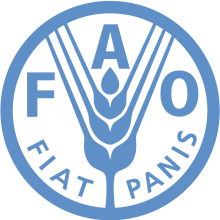Resource information
In recent years, Zambia has witnessed increased interest from private investors in acquiring land for
agriculture. As elsewhere, large-scale land acquisitions are often accompanied with promises of capital
investments to build infrastructure, bring new technologies and know-how, create employment, and
improve market access, among other benefits. But agricultural investments create risks as well as
opportunities, for instance in relation to loss of land for family farmers. While much debate on ‘land
grabbing’ has discussed risks and opportunities in an aggregate way, it is critical to understand the
distribution of the costs and benefits created by an investment project. For example agricultural investments create gendered outcomes that are poorly understood. Gender inequalities in Zambia, as seen across much of Sub-Saharan Africa, shape access to land, agricultural assets, inputs, services and rural employment opportunities. These gender inequalities are partially responsible for the underperformance of the agricultural sector. Investments in the agriculture sector must therefore account for and challenge these inequalities if they are to deliver their stated benefits.

